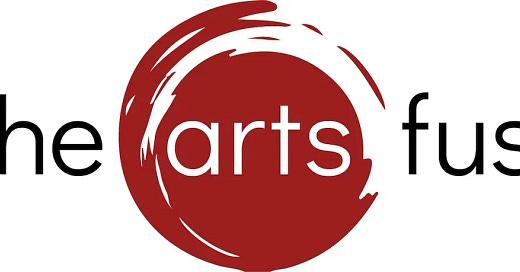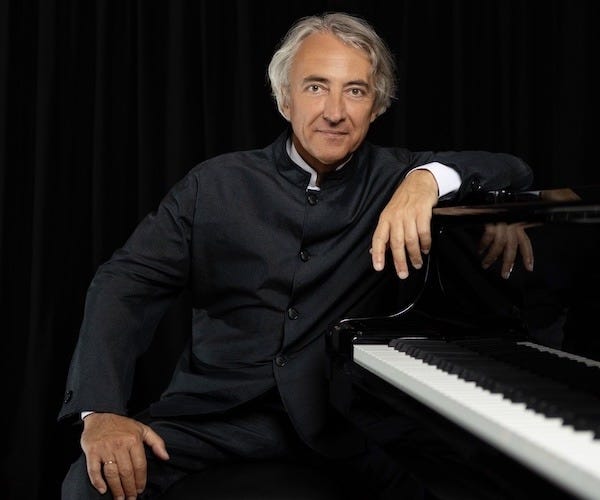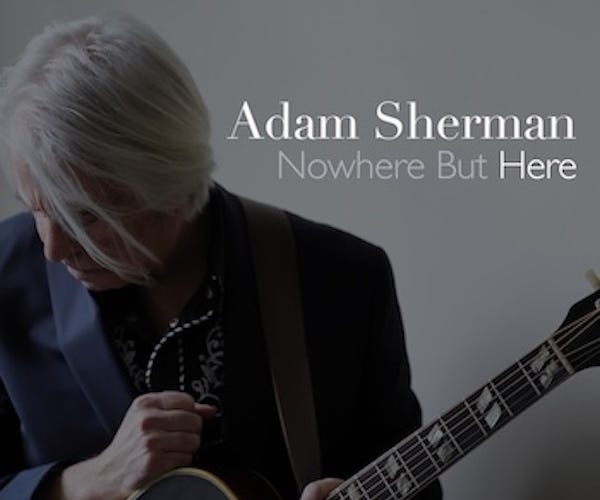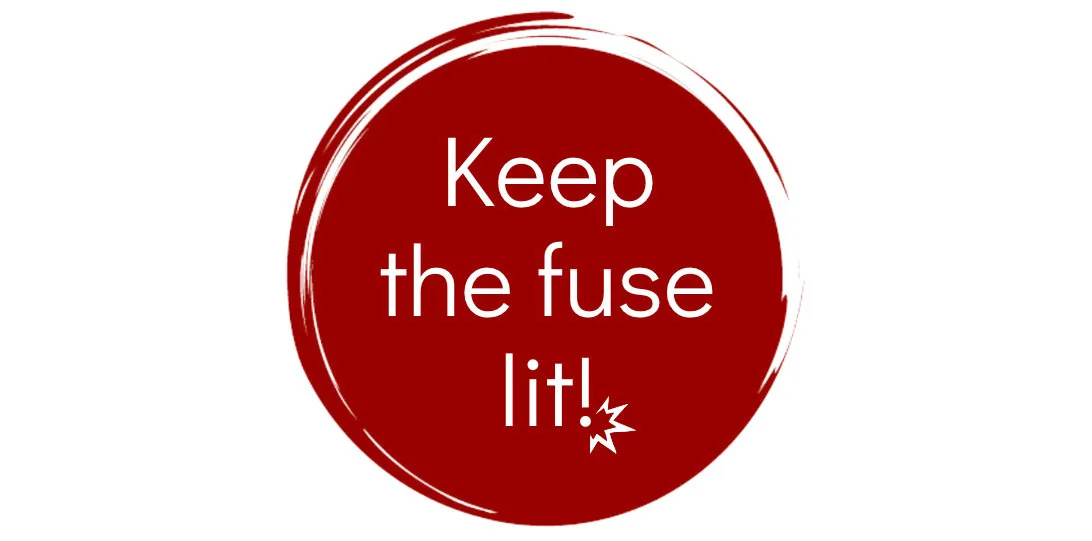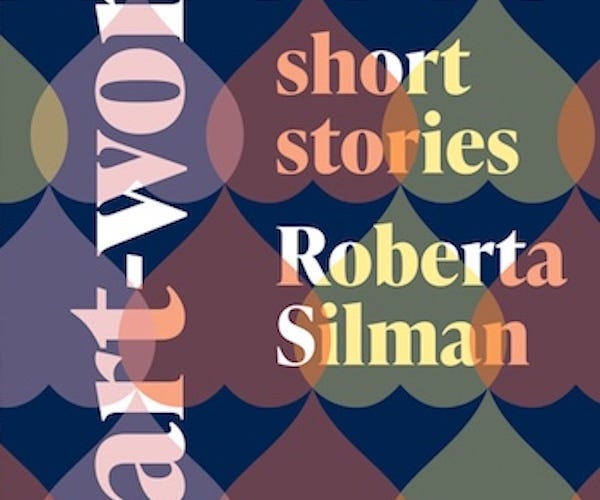The Arts Fuse Newsletter, March 26
Artistic Freedom on the Line, Reviews of albums dedicated to the piano music of Ravel and the film "Misericordia". Musicians Adam Sherman and Robin Lane team-up, and an interview writer Roberta Silman
From The Editor's Desk:
A recent Letter to the Editor in the NYTimes from the founding artistic director of Arizona Theater Matters.
“I run a small theater company that relies on funding from the National Endowment for the Arts. For decades, the N.E.A. has sustained organizations like mine, ensuring that theater belongs to everyone — not just those with the means to fund it themselves. The N.E.A. has stood for artistic freedom. Today, it is being held hostage.
Under federal directives, the N.E.A. has imposed restrictions. Theaters may no longer have to disavow diversity, equity and inclusion in their mission statements, but their projects still do. Productions focusing on racial justice, transgender narratives or systemic critiques are not eligible.
Small theaters cannot afford to reject N.E.A. funding. But the largest theaters in America can. Institutions with multi-million-dollar budgets and major endowments have the power to take a stand. If even one refuses funding under these restrictions, it would send a powerful message: Public arts funding must serve the whole public.
Major theaters must act before April 7, the N.E.A. deadline for Grants for Arts Projects proposals. History is watching.”
The situation is fluid: lawsuits have been filed against the N.E.A. rule changes. I asked Boston’s major regional stages if they had issued any public statements on the N.E.A. requirements. The Huntington Theatre Company: “We don’t have a public statement at this time.” The American Repertory Theater “has not issued a public statement about the guidelines”. Arts Emerson did not reply.
Some major theaters have taken public stands against the N.E.A. guidelines: Portland Center Stage, The Public Theater in New York, New York Theatre Workshop, Long Wharf Theatre in Connecticut. Several theaters have already rejected or are seriously considering refusing N.E.A. funding due to the recent restrictions.
Once, Boston’s major regional stages were somewhat competitive, but over the past decade they’ve started out sending out emails recommending each other’s shows. The rich and powerful theaters now see themselves as members of a friendly club. But do these chums see themselves as pals with the broader theater community? Or are they part of a privileged class, prioritizing business as usual while quietly trimming their political sails—similar to the abject surrender of Columbia University? What do our major regional theaters truly believe in, besides maintaining their safety and status? History — and supporters of artistic freedom — are watching.
—Bill Marx, Editor-in-Chief
Archive: From the Editor's Desk
Classical Albums Reviews: Seong-Jin Cho and Jean-Efflam Bavouzet play Ravel
By Jonathan Blumhofer
A pair of pleasant traversals of the French master’s complete piano music, or thereabout, from the still-relative-newcomer Seong-Jin Cho and the established Jean-Efflam Bavouzet.
Album Review/Concert Preview: Adam Sherman and Robin Lane — The Start of a Beautiful Friendship?
By Jason M. Rubin
Here’s hoping that Adam Sherman and Robin Lane remain a creative item and continue to write and record new material. Both are in late-career resurgences and have devoted fans that fill the smaller clubs they typically perform in to the brim.
Film Review: “Misericordia” — Empathy Rules
By Peter Keough
Director Alain Guiraudie’s latest film is a darkly hilarious, polymorphously perverse paean to compassion.
Book Review: “The Last Tsar”– Last Train to Pskov
By Tom Connolly
Historian Tsuyoshi Hasegawa’s towering achievement is to show that, while Nicholas II was betrayed, he lost his throne because he had made it impossible for anyone who loved Russia to be loyal to him.
Jazz Album Review: Pianist Paul Bley’s “Open, to love” — Waiting to be Splashed With Sound
By Michael Ullman
What is most striking on Paul Bley’s 1972 solo album is his patience as a pianist, his practice of playing a chord or even a couple of notes and letting them hang in the air, listening to their gradual fading.
Author Interview: Roberta Silman — Taking up “Heart-work”
By Bill Marx
“To sit day after day and write about people maneuvering through this complex world is, in itself, an act of affirmation, even if their stories are sad.”
Help Keep The Arts Fuse Lit!
Precious few independent online arts publications make it to double digits. Please give us the resources the magazine needs to persevere at an essential cultural task.
Keep the Fuse lit and support our 70+ writers by making a donation.
The Arts Fuse also needs underwriting for the magazine to continue to grow.
And…tell your friends about the in-depth arts coverage you can’t get anywhere else.
Questions, comments, concerns?
Editor-in-Chief
Bill Marx
wmarx103@gmail.com

